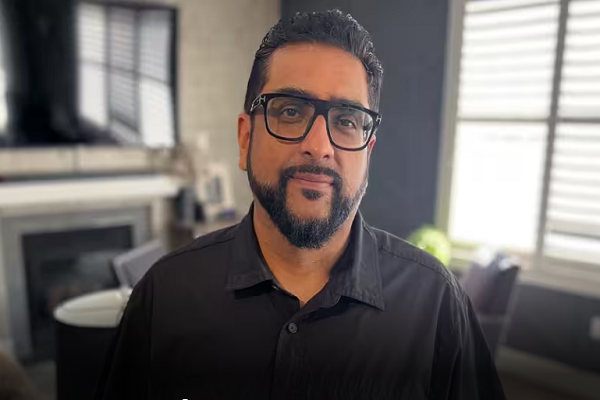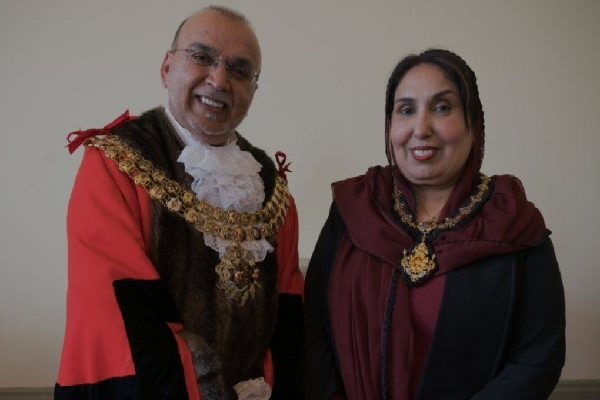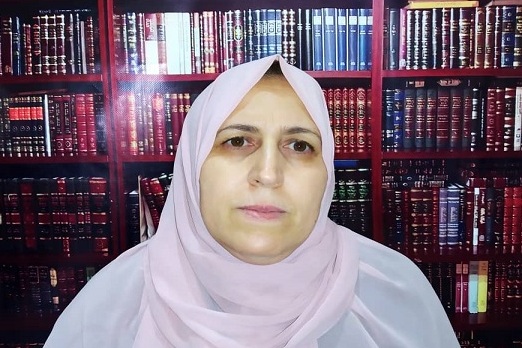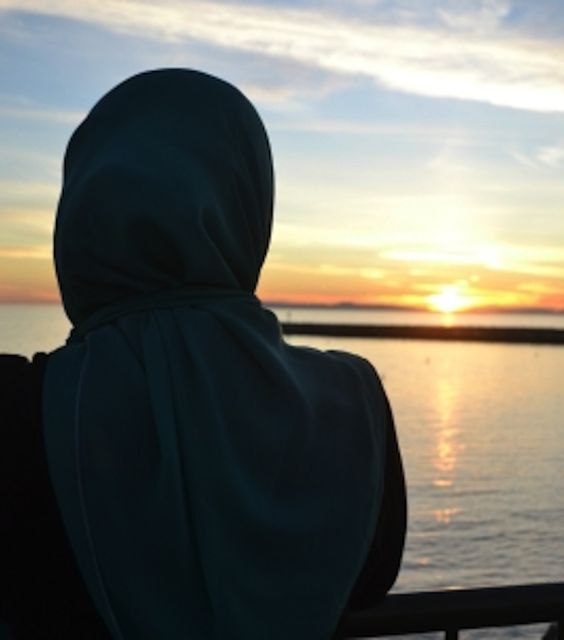According to Rahyafte(the missionaries and converts website):An Ontario father is questioning the legitimacy of a school board’s anti-Islamophobia strategy months after his son was singled out by a teacher during a lesson that featured racist cartoons.
During the January class, the high school teacher in Peel Region, which includes the Toronto-area cities of Mississauga and Brampton, showed two caricatures from the controversial French magazine Charlie Hebdo to international baccalaureate students as part of a module on censorship.
Without addressing the stereotypical nature of the cartoons — which targeted Muslim, Jewish and Black communities — the teacher discussed the 2015 Charlie Hebdo massacre in which the magazine’s offices were attacked by two Al-Qaeda-linked members who killed 12 people.
The teacher then allegedly called on the student — the only Muslim person in the class, according to his father — to ask if he found the images offensive, to which he said yes. Her line of questioning then turned towards the student’s views on the massacre.
“I felt almost a sadness and helplessness,” Rahim Kassam, the student’s father, said in an interview with CBC News. “Because unlike getting injured at school while playing a sport, you could take him to the hospital. This was something that mentally impacted them.”

“It’s not something I could just make go away for him.”
The teacher was suspended in January for three months and returned to the school in April.
A spokesperson for the Peel District School Board told CBC News in a statement that the teacher has been held responsible through progressive discipline after a thorough investigation that took into account the input of the affected student, his parent, community members and other students.
The spokesperson said the board is committed to its anti-Islamophobia strategy and “additional measures, arrangements and supports were promptly offered and implemented to support the student’s comfort and well-being at school.”
The incident occurred the same month that the school board’s anti-Islamophobia strategy — the only district-wide policy in Canada — was implemented, part of which includes training teachers to detect their own implicit biases.
Kassam met with the school principal in January following the incident and again in April. According to him, the principal acknowledged in the second meeting that Islamophobia and anti-Black racism had occurred during the incident in the classroom.
Often these issues come down to what the teacher intended, one expert said.
Teachers might call on a student who belongs to a particular community because they “can have an idea or insight that will be beneficial to the class,” said Naved Bakali, a professor of anti-racism education at the University of Windsor.
“It could be that the teacher had good intentions in bringing that to the classroom,” Bakali told CBC News. But that approach wrongly assumes that there’s a homogenized voice from a particular community on the issue, which is why training is necessary, he added.
“There’s a lot of students [who] don’t want to be in those positions where they have to be that representative voice.”
Strategy includes sensitivity training
The Peel District School Board’s anti-Islamophobia strategy had been in the works for more than two years ahead of its January launch.
The board passed a motion to develop the strategy in September 2021, with the goal of ensuring that Muslim students and teachers felt safer in the classroom after a series of hate crimes against the community in Canada.
At the time, community leaders said that in order to be effective, the plan would have to center student voices and include a review of curriculum, among other actionable measures.
Annual, mandatory anti-Islamophobia sensitivity training for all board staff members was one of the key pillars outlined in the strategy. The Toronto District School Board voted to develop a similar policy in April.
Bakali said sensitivity training for the teacher might have been helpful, but a conversation with community members or with the affected family would be a better approach in fighting misunderstanding and ignorance.
“I think that that’s what’s really missing in schooling spaces,” he said.
“You can have all these sorts of professional developments, but if you don’t make connections with the community at large, with community members that typically are silenced within the educational space or feel they don’t belong there, the barriers continue to stay there.”
While Kassam said he thinks the strategy could be an effective way to teach educators about Islam, he said he’s not convinced that the school board is taking its own strategy seriously.
“Because the way it was handled so far, I felt like it was just being pushed off — like it’s just written on paper, right? I bet you if it was followed, I wouldn’t be in this situation,” he said.
Though Peel region is one of Canada’s most ethnically and religiously diverse, it has not been spared from a disturbing pattern of anti-Muslim violence that has emerged across Canada in recent years.
The board itself had been placed under supervision by the Ministry of Education in 2019 after allegations of anti-Black racism within its schools. The appointed supervisor ended his tenure in January, writing in a letter to the minister that the board was self-sufficient again.
Nokha Dakroub, a Peel parent and former school board trustee who put forward the anti-Islamophobia motion, told CBC News the strategy was meant to educate teachers, students, and affirm student identity.
“I’m sorry, Charlie Hebdo cartoons don’t affirm anybody’s identity,” she said. “They go against that. Everything that happened in this case goes against the anti-Islamophobia strategy.”
“It brings to question, really, the legitimacy of the work that we’ve done up until this point.”
Kassam said that when the teacher returned to school, his son was told by the principal that the teacher would not make eye contact with him and that he should not look at her, either. He was also told that he could leave the classroom 15 minutes early to avoid encountering her in the hallways.
“He said something to me that was quite striking after this happened,” Kassam said. “He said, ‘I’m getting treated like a second class citizen now.'”
Training teachers to be more sensitive in dealing with bigotry or checking for their own biases is important, but what matters most is that there’s institutional accountability, Dakroub said.
“If there’s a sense that it doesn’t really matter, and people can make … major mistakes and still be OK and get away with it with a slap on the wrist, as they say, nothing will change.”
Source: cbc.ca



















